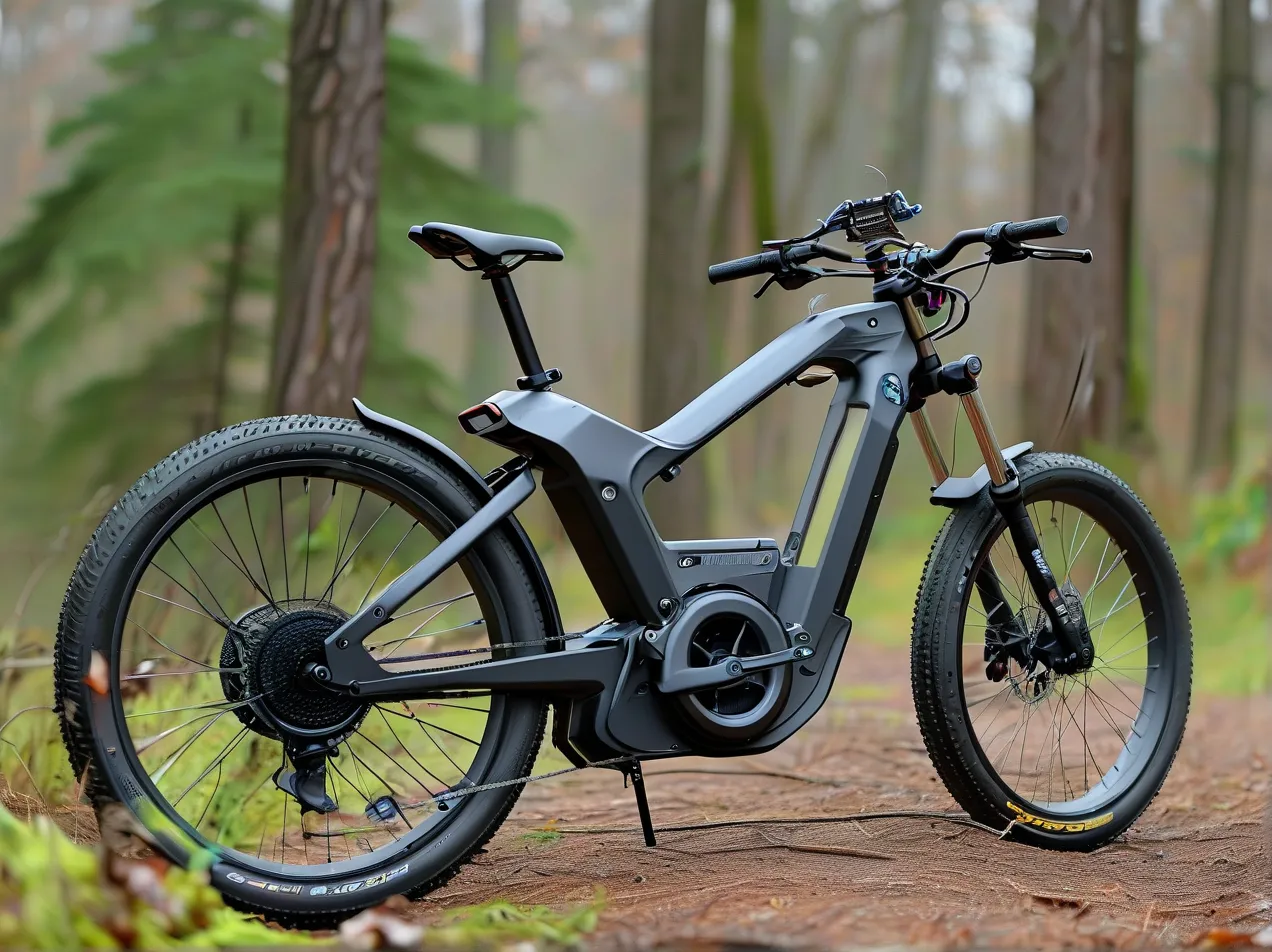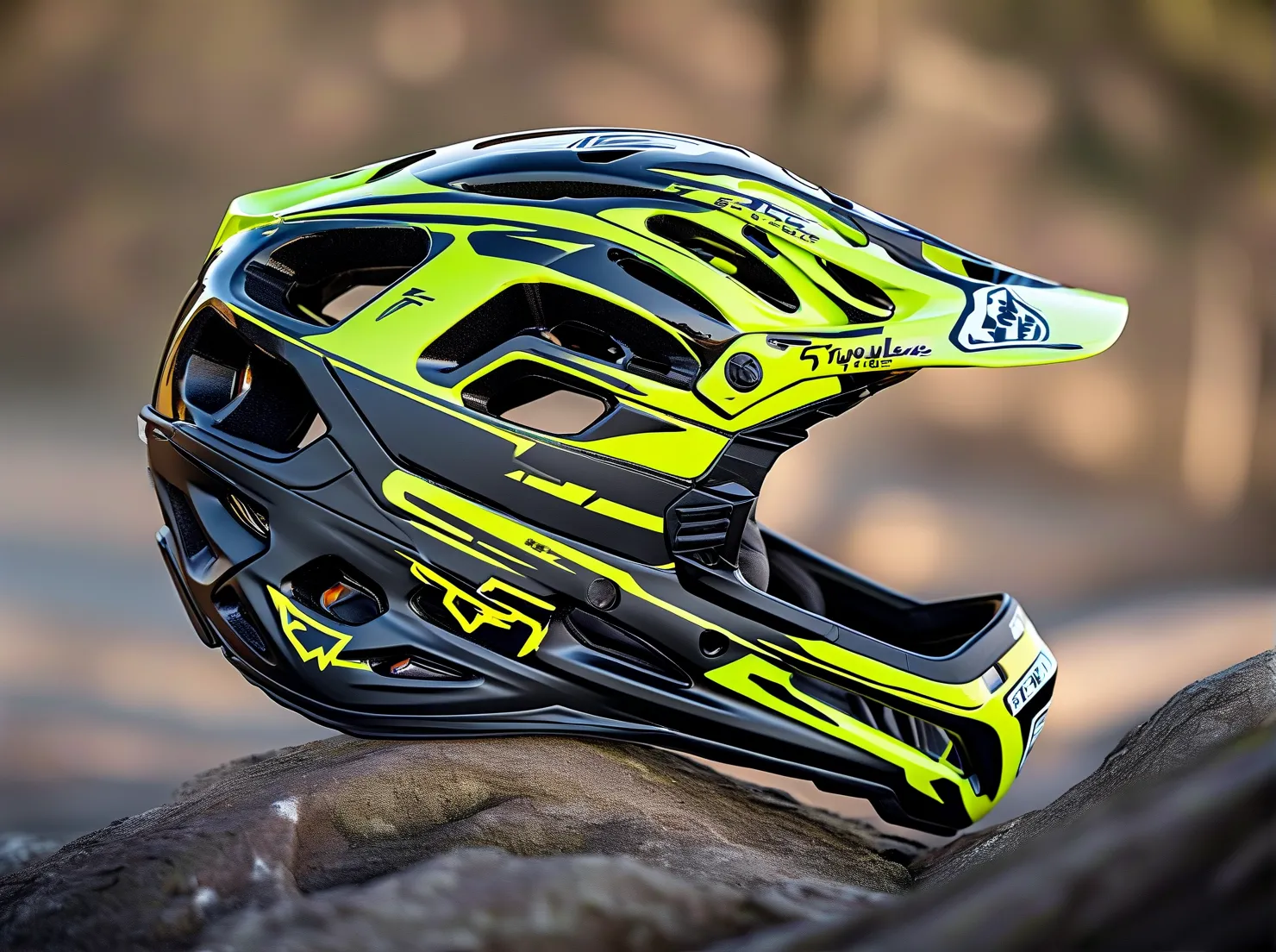Understanding Front Wheel E-Bike Conversion Kits
For cyclists seeking to upgrade their regular bikes into electric powerhouses, front wheel e-bike conversion kits have emerged as a popular and practical solution. These kits typically include a motorized front wheel, a battery pack, a controller, and essential wiring. Designed for easy installation, they allow riders to retain their existing bike frame while adding electric assistance. The front-wheel design simplifies setup compared to rear or mid-drive systems, making it ideal for DIY enthusiasts and commuters looking for a hassle-free transition to e-biking.
How a Front Wheel Conversion Kit Works
At the core of the system is the hub motor integrated into the front wheel. When engaged via a handlebar-mounted throttle or pedal-assist sensor, the motor draws power from the lithium-ion battery to propel the bike forward. Most kits offer multiple assist levels (e.g., 3–5 modes), letting riders choose how much effort they want to contribute. A typical 36V or 48V battery provides ranges between 20–50 miles per charge, depending on terrain and usage. Advanced models feature regenerative braking and smartphone connectivity for real-time performance tracking.
Top Benefits of Converting Your Bike
1️⃣ Cost-Effective Upgrade: Conversion kits (avg. $400–$800) cost significantly less than new e-bikes ($1,500+), according to Consumer Reports’ 2023 analysis.
2️⃣ Effortless Commuting: Tackle hills and headwinds effortlessly while maintaining speeds up to 20 mph (32 km/h), as tested by Bicycle Quarterly’s urban mobility study.
3️⃣ Customizable Assistance: Preserve your cycling workout with adjustable pedal assist or use throttle-only mode for complete relaxation during long commutes.
4️⃣ Eco-Friendly Transport: Reduce carbon emissions by up to 75% compared to car commutes, per EPA’s urban mobility data.
5️⃣ Simplified Maintenance: Front-wheel motors minimize wear on drivetrain components, with most users reporting 30% fewer chain replacements (Cycling Weekly survey).
Key Considerations Before Buying
– Bike Compatibility: Ensure your fork width matches the motor (common sizes: 100mm for standard forks). Disc brake compatibility is recommended for safety at higher speeds.
– Battery Capacity: Opt for ≥10Ah batteries if your commute exceeds 15 miles roundtrip. Look for UL-certified batteries to ensure safety standards.
– Local Regulations: Confirm local e-bike laws—most regions classify 750W motors as Class 2 or 3 e-bikes with specific usage rules.
Installation Insights from Industry Experts
While most kits are designed for self-installation (~2–3 hours), professional assembly ensures optimal performance and safety alignment. “Proper torque settings on axle nuts are critical—under-tightening causes wobble; over-tightening damages bearings,” notes Jenna Miles, lead mechanic at E-Bike Academy. Post-installation checks should include brake alignment tests and a software calibration ride to sync pedal sensors.
Real-World Impact on Daily Commutes
A 2024 University of Amsterdam study found commuters using conversion kits reduced average travel time by 22% compared to traditional cycling while increasing trip consistency regardless of weather conditions. Users also reported a 40% increase in weekly riding frequency due to reduced physical strain.
Maximizing Long-Term Value
– Store batteries at room temperature (59°F–77°F) to preserve lifespan
– Clean motor connections monthly with electrical contact cleaner
– Conduct bi-weekly tire pressure checks (10% higher than standard bikes recommended)
By combining technological accessibility with measurable commuting benefits, front wheel e-bike conversion kits offer a smart pathway toward sustainable urban mobility—one that keeps riders in control of both their budget and their pedal-powered experience.




Leave a Reply